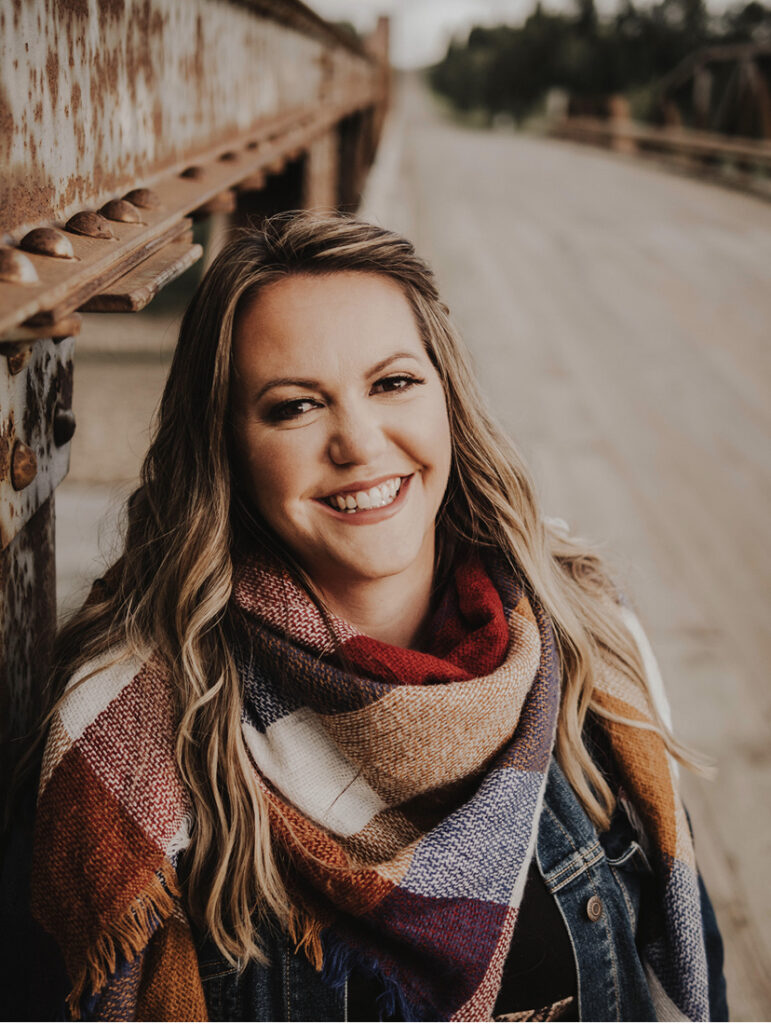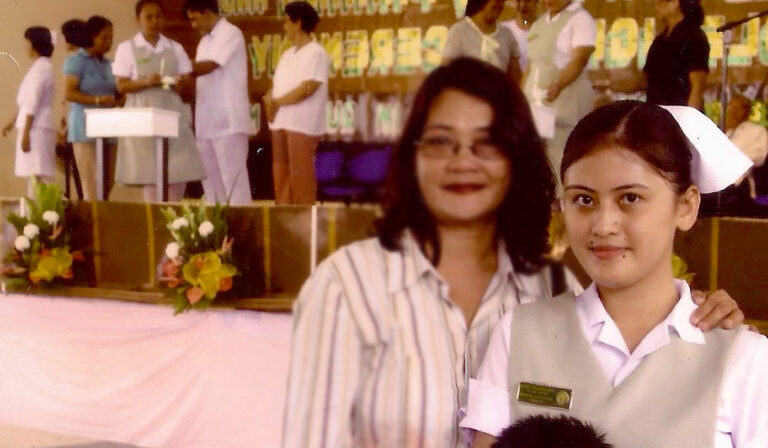
— Photo supplied by Heidi Overguard
Looking through different lenses is natural for RhPAP’s newest board of director.
Heidi Overguard is an avid photographer, dance studio owner, cattle rancher, and rural healthcare advocate.
“It is important for rural communities to have viable healthcare,” says Overguard, who lives with her husband and three children near Sundre, Alberta, an hour southwest of Red Deer.
“As rural Albertans, we deserve to have quality healthcare just like we deserve to have quality education. We should not be disadvantaged because of where we live.”
Overguard joined RhPAP’s board this summer but has advocated for local healthcare for years. She was a founding member of the area’s Sundre Health Professional Recruitment & Retention Committee (SHPARC) when her community faced closure of its helipad and a shortage of local physicians as many drew closer to retirement.
Her first encounter with RhPAP came when Sundre became one of the first communities to host what would evolve into the Let’s Go Rural! High School events. Overguard and her mom, Joanne — a registered nurse — were members of the SHPARC committee and worked together to help organize the session with RhPAP.
Overguard’s interest in healthcare and genuine care for others runs deep. She often reflects on the story told by her great uncle of her great, great aunt Jenny, who, at just 12 years old, guided her four younger siblings by wagon from North Dakota to Lethbridge in 1904. Back then, it was deemed safer for the kids to travel alone rather than accompany their recently widowed father through the unpredictable backcountry and wilderness.
“The kids would find the North Star in the night and point the wagon tongue in that direction,” she recalls, noting the family eventually made their way to the Olds/Sundre area.
Her great, great Aunt Jenny would later become one of the first nurses to graduate from the Southern Alberta Institute of Technology, embodying the pioneering spirit that runs through Overguard’s veins.
Now a fifth-generation rancher, Overguard also operates dance studios in Sundre and Olds. Her commitment to healthcare advocacy continues her family’s legacy.
“I was always taught that the hospital is very important and you support your local healthcare professionals,” explains Overguard, noting her grandfather served on the regional hospital board before Alberta Health Services (AHS) was established.
In 2019, Overguard was appointed to the AHS board as a rural representative. There she chaired the human resources committee, vice-chaired the community engagement committee, and was a member of both the quality improvement and governance committees during her four-year tenure. She remains active in local healthcare as vice chair of Sundre Hospital Futures, a local group dedicated to health education and training for area residents. The facility is located in the hospital and offers courses for RNs, licensed practical nurses and healthcare aides.
“We know rural is different so we want to enhance and strengthen training for rural healthcare professionals,” she says, emphasizing that Sundre’s specialized rural training aligns with RhPAP’s vision across rural Alberta.
Overguard believes rural health is its own speciality, requiring tailored education much like acute care, oncology, or cardiology.
“Nurses often come out of school and they come to a rural site, and they’re like, ‘Wow, we’ve never done this before.’”
With limited resources, rural health professionals must be prepared for whatever comes through the door.
“It could be a bear attack, a farm accident, a broken arm from gymnastics, or a woman giving birth. You need to be trained for everything.”
Overguard looks forward to continuing to advocate for rural healthcare in her new role.
“I understand that not every hospital is going to have an MRI (Magnetic Resonance Imaging), oncology department or be able to offer chemo. But we need to support the qualified health professionals and facilities in these communities and ensure rural communities maintain or increase rural health services.
“What drives me is we have people who are pioneers, who built our communities, and it’s heartbreaking when they have to leave because there aren’t enough physicians or supports to cover the emergency room or long-term care where they live.”
Healthcare services are truly the lifeblood of rural communities, impacting everything from individual health to economic growth, she maintains.
“Without hospitals in our communities, you wouldn’t have continued economic growth and development, because that happens when there is healthcare services in these rural communities.”



